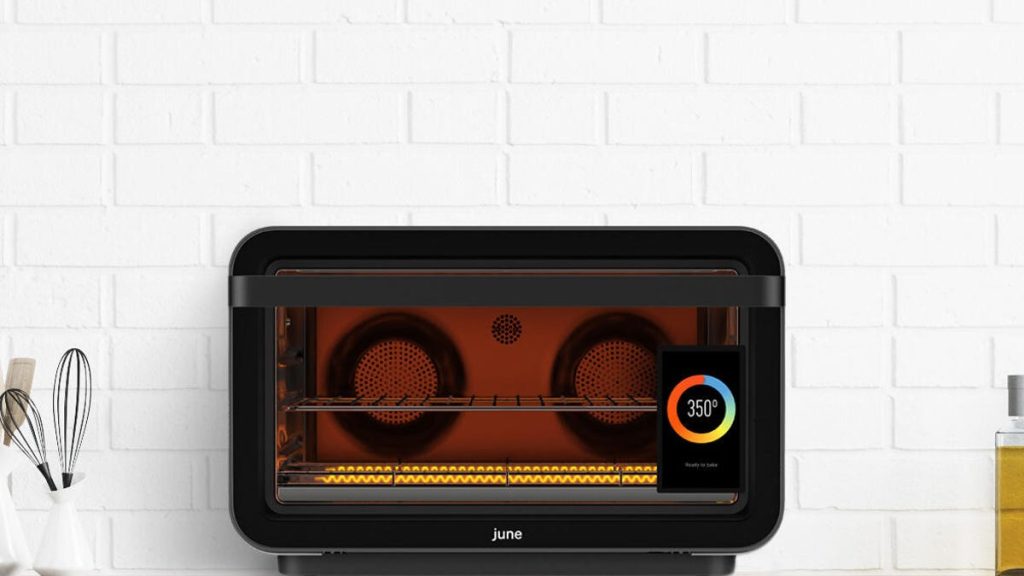The smart kitchen category is growing rapidly, with a projected valuation of $76 billion by 2033, up from just 2% of the global kitchen category’s total valuation of $721 billion in 2023. Smart kitchen tools are typically Wi-Fi enabled or AI-powered, allowing for control, notifications, and monitoring via devices. For example, blenders and food processors by brands like Breville and Ninja use smart technology to achieve target consistencies. Smart refrigerators with cameras can suggest recipes based on their contents, and smart mixers like GE Profile’s stand mixer can detect dough consistency and adjust speeds accordingly.
Despite the technological advancements and impressive features of smart kitchen appliances, consumer adoption remains low. Smart ovens, such as the Brava and the June Oven, promise to automate cooking processes but struggle to connect with home cooks who value honing their culinary skills. While some smart kitchen gear, like smart meat thermometers and coffee makers, have proven useful, others, like overly smart ovens, can stand in the way of learning basic cooking skills. The high cost of many smart kitchen appliances further complicates their appeal to consumers.
There are some aspects of smart kitchen technology that have demonstrated practical value and are worth the investment. Smart refrigerators with built-in screens can display recipes and schedules, while smart composters can help manage organic waste effectively. Some smart oven features, like notifications and autopilot cooking, free up time for other activities. Breville’s Joule countertop oven, with its subtler approach to AI, strikes a balance between innovation and practicality, offering functionality without overwhelming the user.
As smart kitchen tech continues to evolve, there remains a need for products that enhance daily life without detracting from the cooking experience. While innovations like the smart fridge display are welcomed, there have been misses in the market, such as overly complex smart ovens that fail to resonate with consumers. Brands like Breville are taking a lighter-handed approach to smart kitchen technology, focusing on maintaining the user’s trust and providing value without alienating traditional cooking methods. In the end, the success of smart kitchen appliances lies in finding the right balance between innovation and usability.


